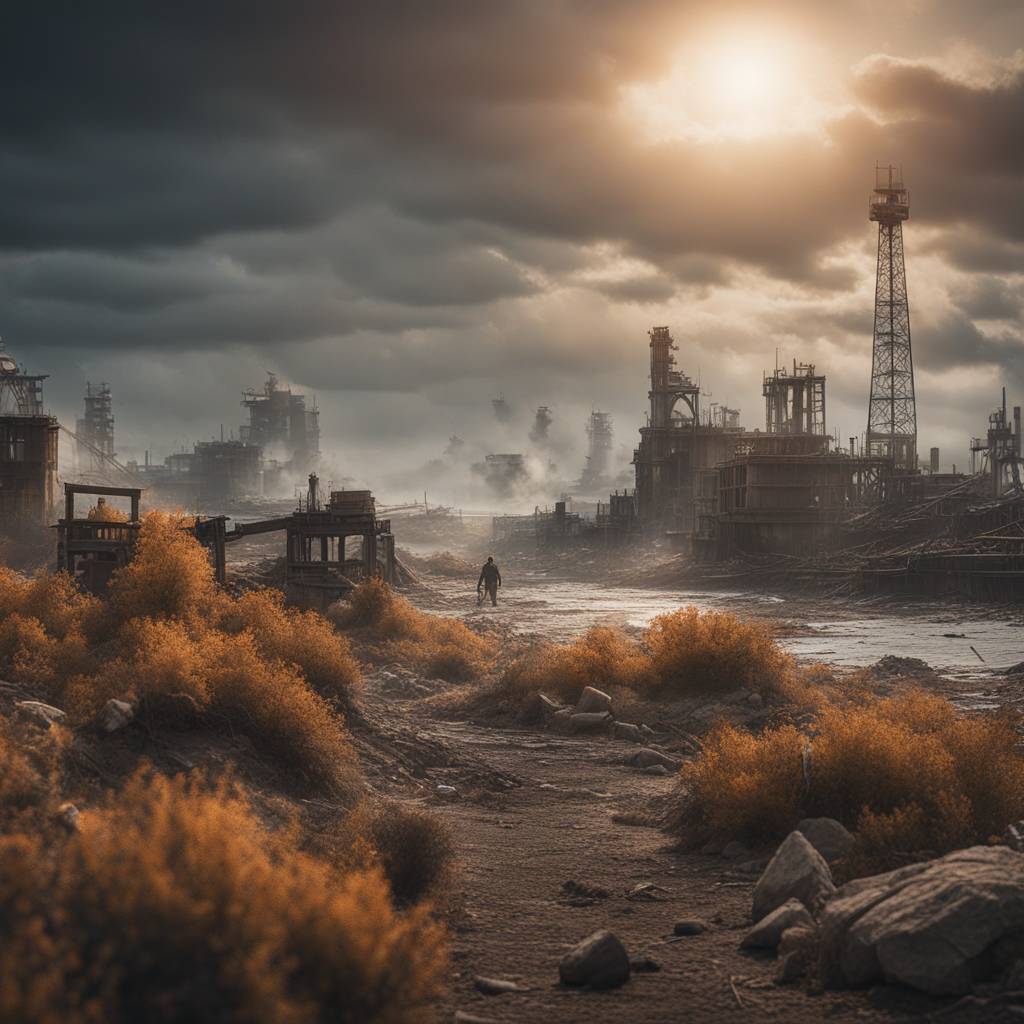The US insurance industry is facing a growing crisis due to the escalating costs of underwriting house insurance in catastrophe-prone states. The impact of climate change on risk and economic growth has become increasingly evident, with insurers struggling to model and quantify climate-related catastrophe risks such as wildfires, flooding, and storm damage. The rising costs and number of structures destroyed in wildfire events in California, for example, have been a particular cause for concern.
Insurers are finding it challenging to keep pace with rapidly-escalating climate-related risks due to outdated catastrophe models. While new data providers are using AI to bridge the gap between these outdated models and the new reality, insurers have recognized that they are unable to capture the changing shape of tail risk and have consequently stepped back from the market. In California, non-renewals of insurance policies stand at more than 20%, with insurers like Farmers Insurance Group no longer offering coverage in states like Florida, where the state insurer is now the largest insurer.
The impact of these developments on the US economy is significant, with homeowners finding insurance prohibitively expensive and facing a reduction in their home’s value upon receiving a non-renewal notice. The concentration of homes in the US property market that would reveal a $236 billion climate black hole if their market values were adjusted to reflect the true cost of insurance is a cause for concern. This situation serves as a warning of the challenges that lie ahead for those who fail to prepare for the impacts of climate change.
The financial services industry still has a choice as to whether and to what extent to engage with the climate crisis. However, when it comes to insurers and catastrophe risk, that choice is no longer there. The slow unravelling of the US insurance industry serves as a bleak warning for the future, emphasizing the need for better preparation and adaptation to the growing risks associated with climate change. The rising costs of underwriting house insurance in catastrophe states may signal the shape of things to come for the broader financial services industry.
The intersection of climate science and investment is becoming increasingly crucial, with insights from experts like Matt Goldklang shedding light on the challenges posed by climate-related risks. Collaborative efforts between organizations like Man’s RI team and Columbia University to address decarbonization and understand the implications of climate change on various sectors are vital. As the impacts of climate change become more pronounced, it is essential for stakeholders to prioritize resilience, adaptation, and sustainable solutions to mitigate the risks and challenges posed by climate-related catastrophes.


